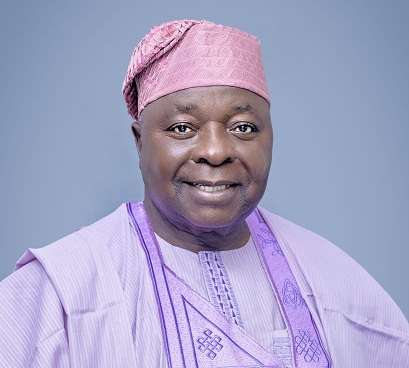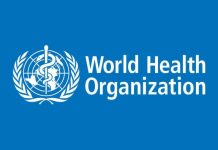
Dr Joel Ewuga Babakandzhi Adagadzu is an accomplished pharmacist and management expert, who served the Plateau State Government and the Federal Government for 35 years, until his retirement in June 2011. In this exclusive chat with Temitope Obayendo, he shares how his wealth of experience will be instrumental in solving the challenges faced by pharmacists and the pharmacy profession, should he emerge as the new president of the Pharmaceutical Society of Nigeria (PSN). Excerpts:
As the outgoing BOF chairman, what informed your decision to vie for the seat of the PSN president?
I have served the PSN in many capacities before becoming chairman of the Board of Fellows. By the time I assumed that role, I had very lofty plans to make the Fellows more visible and to have a positive impact on pharmacists generally. I was determined to collaborate closely with the PSN leadership to raise the profile of the pharmacy profession and make pharmacists proud professionals in their own right.
For some reasons, my expectations have not been fully met. Rather, the chairmanship of the Board has provided me with some glimpses of the larger picture of the PSN and its growing challenges. I saw how frustrated and disillusioned many pharmacists have become in recent years. I realised that I could not address the myriad problems confronting the PSN from my position as BOF chairman. The authority and capacity to do so reside in the presidency of the PSN. This sparked my interest in serving the profession at a higher level.
As I was pondering over this, I was approached by a group of colleagues who convinced me to contest for the PSN presidency, having found me worthy. After some thought, I accepted their request in the interest of our dear profession. It then occurred to me that God had made me chairman as a prelude to becoming president. I realised that my experiences as chairman will come in handy if I become president. It is a matter of simply stepping up and hitting the ground running.
What specific plans do you have to strengthen the role of pharmacists in Nigeria’s healthcare system, particularly in primary healthcare delivery?
In terms of strengthening the role of pharmacists in Nigeria’s healthcare system, particularly in primary healthcare delivery, my background as a former director of food and drug services in the Federal Ministry of Health provides a solid foundation. I have always advocated for pharmacists’ interests, such as pushing for the creation of more vacancies and the consultant cadre. I plan to continue advocating for more positions for pharmacists, especially in primary healthcare, and to push for better conditions of service to motivate pharmacists to serve diligently.
I will also work to mend inter-professional rivalries among healthcare workers, which have hindered the role of pharmacists within the system. By fostering collaboration and mutual respect, I hope to restore unity within the healthcare sector, allowing pharmacists to play a pivotal role in achieving universal health coverage. Improving relations between the PSN and pharmacists in government will be a priority, ensuring a conducive environment for pharmacists to thrive.
In the face of increasing regulatory challenges and drug counterfeiting in Nigeria, what strategies would you implement to collaborate with regulatory bodies such as NAFDAC and PCN, and ensure the effective enforcement of policies to curb counterfeit drugs and promote patient safety?
Addressing the issue of drug counterfeiting is a top priority. While NAFDAC estimates that 15-25 per cent of drugs in Nigeria are counterfeit, I believe more accurate data is needed. My first strategy would be to encourage a comprehensive survey to establish the true extent of counterfeiting, in collaboration with bodies like WAHO and WHO. Once we have reliable data, we can effectively lobby the government to strengthen regulatory bodies such as NAFDAC and PCN. Additionally, I will advocate for better funding for these bodies to ensure they can carry out their duties effectively.
Collaboration with Customs and other security agencies will be critical in the fight against counterfeit drugs. Furthermore, public enlightenment campaigns on the dangers of counterfeit drugs will be essential, and I will seek the cooperation of the media, health professionals, NGOs, and civil society in this effort.
Aside from the above, in what other ways do you intend to build the pharmacy profession?
Beyond these strategies, I intend to work closely with the pharmaceutical industry to boost local drug production, including vaccines, and foster reciprocity with countries that dominate drug exports to Nigeria. Government support will be vital, and I will advocate for policies that favour the growth of local drug manufacturing.
I also plan to engage with other ministries, agencies, and NGOs to create more job opportunities for pharmacists. Improving the pharmacy curriculum in universities is another area of focus, ensuring that our graduates are well-equipped for the demands of the profession.
Finally, I will promote mentorship programmes to strengthen the relationship between older and younger pharmacists, ensuring the profession continues to grow based on strong ethical and moral values. My goal is to ensure the pharmacy profession thrives and remains a cornerstone of healthcare delivery in Nigeria.










